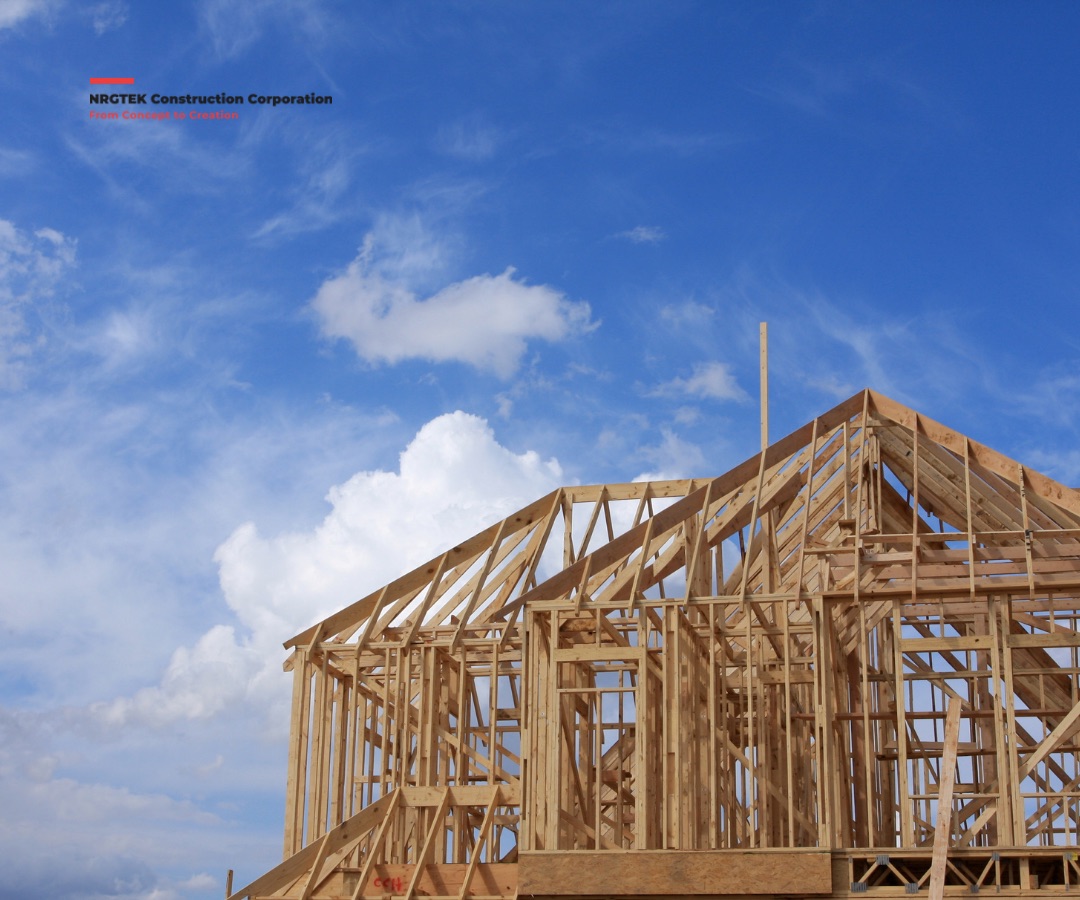
Interest rates play a major role in the housing market, affecting both who can afford to buy a home and how affordable it is. Different homebuyer demographics may be affected differently by changes in interest rates. Prospective buyers may make better decisions and negotiate the housing market more skillfully if they are aware of these effects. Here are some examples of how various homebuyer demographics are impacted by interest rates.
1. First-Time Homebuyers
Impact of Interest Rates:
- Affordability Challenges: Budgets are usually tighter and first-time homebuyers have less money set aside for down payments. Increased monthly mortgage payments due to higher interest rates can make it more difficult for them to afford their first house.
- Qualifying for Loans: A higher interest rate may also make it more difficult for them to get approved for a mortgage. When rates rise, lenders might offer smaller loan amounts or demand higher credit scores, which makes it harder for first-time buyers to get financing.
Strategies to Manage the Impact:
- Explore Government Programs: Investigate grants or first-time homebuyer assistance programs that might provide reduced interest rates or help with the down payment.
- Consider Adjustable-Rate Mortgages: Adjustable-rate mortgages (ARMs) can provide lower initial rates, which can be advantageous in the short run even though they carry certain risks.
2. Young Professionals
Impact of Interest Rates:
- Higher Debt Loads: It’s possible that young workers are already handling other debts, including school loans. A rise in interest rates can make their monthly mortgage payments even more burdensome.
- Impact on Investment Choices: Their choice between buying a house and other investments, like stock investments or retirement accounts, may also be influenced by higher interest rates.
Strategies to Manage the Impact:
- Budget Carefully: Make sure that any potential increases in mortgage payments are factored into your budget. Plan your savings and spending to account for these higher rates.
- Save for a Larger Down Payment: Increased down payments can lower the total loan amount and possibly lessen the effects of rising interest rates.
3. Families
Impact of Interest Rates:
- Budget Constraints: Families frequently have a lot of financial responsibilities, such as paying for daily living expenses, childcare, and education. Their housing options are limited and their budgets may be strained by higher interest rates.
- Long-Term Planning: In a home, families usually look for stability and long-term planning. Variations in interest rates may have an impact on their capacity to obtain a mortgage with advantageous conditions.
Strategies to Manage the Impact:
- Prioritize Needs: Pay attention to the necessities in a house that fit your family’s requirements and price range. If necessary, think about sacrificing a few non-essential features.
- Fixed-Rate Mortgages: To ensure a consistent monthly payment and prevent future rate hikes, choose a fixed-rate mortgage.
4. Empty Nesters and Retirees
Impact of Interest Rates:
- Income Stability: Retirees and empty nesters frequently depend on fixed incomes from savings or pensions. Their mortgage payments may go up due to higher interest rates, which may have an effect on their lifestyle and retirement funds.
- Downsizing Decisions: Increased rates could have an impact on their decision to reduce. Selling a larger house and purchasing a smaller one might become less appealing due to rising rates.
Strategies to Manage the Impact:
- Evaluate Mortgage Types: To lessen the effects of rate changes, take into account mortgage options with fixed rates or shorter terms.
- Financial Planning: Consult a financial advisor to modify your retirement strategy and make sure mortgage payments don’t interfere with your retirement savings.
5. Investors
Impact of Interest Rates:
- Cost of Borrowing: Finance is a common tool used by real estate investors to buy properties. Increased borrowing costs due to higher interest rates may result in smaller potential profit margins from rentals or resale.
- Property Values: Increased interest rates may also have an effect on property values, possibly causing a slowdown in price growth or a decline.
Strategies to Manage the Impact:
- Adjust Investment Strategies: In light of current interest rates, review your investing approach. Think about concentrating on homes with better rental yields or looking into alternative financing solutions.
- Lock in Rates: If you intend to make real estate investments, securing a fixed-rate mortgage can lessen the impact of future rate hikes.
6. General Market Trends
Impact of Interest Rates:
- Overall Market Activity: The entire activity of the housing market is impacted by interest rates. Increased rates may cause home sales to slow down, lessen buyer competition, and possibly even result in lower home prices.
- Economic Factors: Broader economic factors, such as employment levels and inflation, have an impact on interest rates and can also have an effect on the housing market.
Strategies to Manage the Impact:
- Stay Informed: Stay informed about housing market forecasts and economic trends. Comprehending these patterns can assist you in making well-informed choices regarding the purchase or sale of real estate.
- Be Flexible: Be ready to modify your plan if the market and interest rates change when buying or selling a property.
Conclusion
Interest rates have a big impact on various homebuyer demographics and how the housing market is shaped. Whether you’re a novice buyer or an experienced investor, knowing how interest rates impact your particular circumstances will make it easier for you to negotiate the market. You can control the effects of interest rate swings and make better decisions about buying or selling a house by remaining informed and modifying your tactics.










